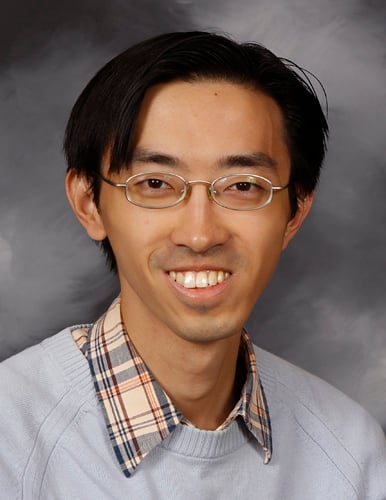Spring Commencement begins at 10:30 a.m., Saturday, April 30, at the MacInnes Student Ice Arena in the Student Development Complex.
Members of the campus community may request tickets from Elizabeth Pollins in the Vice President for Student Affairs Office. Call 487-2465 or email epollins@mtu.edu .
The University will honor the achievements of 753 students receiving undergraduate degrees, 156 master’s degrees and 48 PhDs.
Mr. Norman R. Augustine, former chairman and CEO of Lockheed Martin and Martin Marietta Corporations, will give the commencement address, as well as receive an Honorary Doctorate in Science and Engineering, and Dr. Katerina E. Aifantis ’02 will be honored with the Outstanding Young Alumni Award.
Commencement is not just a ceremony to honor our students and present degrees. It also serves as a time to reflect on and recognize the important contributions of our faculty and staff to the mission of the University to prepare students to create the future.
Parking, on a first-come, first-served basis, is available in Lots 22, 23 and 24. No parking pass is required.
Published in Tech Today.
